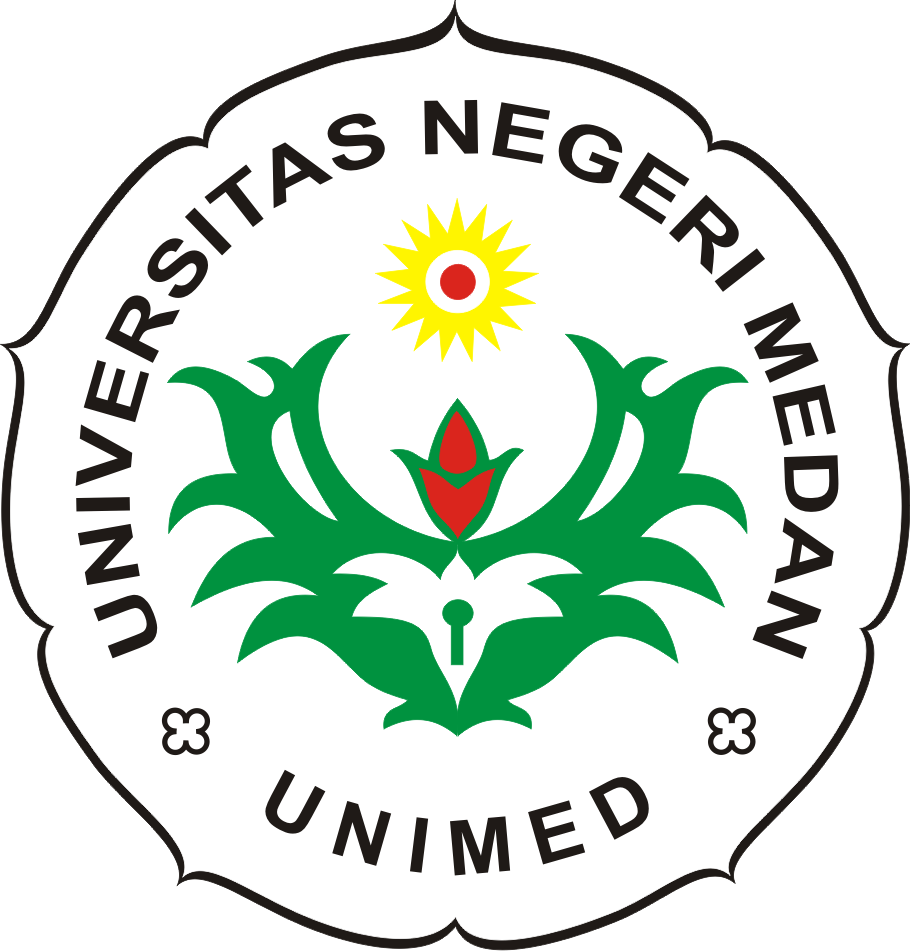TEACHER QUESTIONS IN ENGLISH CLASSROOM
DOI:
https://doi.org/10.24114/reg.v7i1.9178Abstract
The objective of this study was to find out the levels of questions used by teacher in English classroom and revealing the underlying reasons why teacher ask questions to the students in the classroom. This study was conducted by using descriptive qualitative research design. The subjects of this study is one of English teacher who teach in eighth grade students in one of school SMP in Pakpak Bharat that is SMP N 1 Kerajaan in academic year 2016/2017. The data were collected by video recording and interviewing the English teacher. The data were analyzed by using Miles and Huberman data analysis technique. The findings of the study were shown there were four levels of questions used by the teacher in English classroom from six levels of questions based on Bloom Taxonomy in Anderson and Krathwohl, with the total of questions were 117 in two meetings. Teacher spent remembering level 56% (66 questions), understanding level 31% (36 questions), applying level were 4% (5 questions), analyzing level were 9% (10 questions), evaluating level 0% and creating level 0%. From those levels, the dominance is discovered to be at the level of remembering, known as Lower Cognitive Questions (LCQ). This study also found that the underlying reasons of teacher ask questions in the classroom is to stimulate students™ interest, to encourage students focus to think when students learn, to know students understanding, and to give participation when they learn. It can be concluded that the teacher™s questions are as the technique of teaching.Downloads
Published
Issue
Section
License
Authors who publish with this journal agree with the following terms:
- Authors retain copyright and grant the journal right of first publication with the work simultaneously licensed under a Creative Commons Attribution License that allows others to share the work with an acknowledgment of the work's authorship and initial publication in this journal.
- Authors are able to enter into separate, additional contractual arrangements for the non-exclusive distribution of the journal's published version of the work (e.g., post it to an institutional repository or publish it in a book), with an acknowledgement of its initial publication in this journal.
- Authors are permitted and encouraged to post their work online (e.g., in institutional repositories or on their website) prior to and during the submission process, as it can lead to productive exchanges, as well as earlier and greater citation of published work (See The Effect of Open Access).
- This work is licensed under a Creative Commons Attribution-ShareAlike 4.0 International License.






